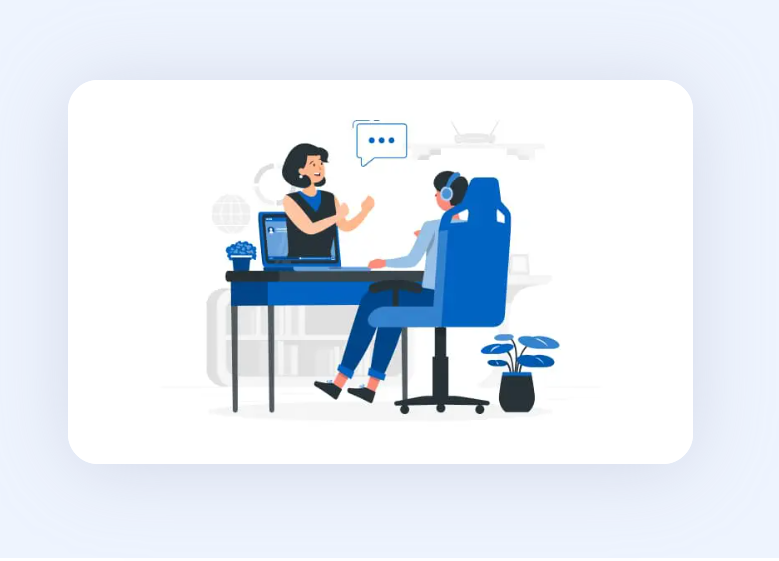Introduction
Welcome to our comprehensive guide on learning app development. In today's digital age, the demand for skilled app developers is skyrocketing. Whether you're a beginner looking to enter the field or an experienced programmer aiming to expand your skill set, learning app development is a valuable investment in your future. This guide will provide you with a step-by-step roadmap, resources, and tips to help you embark on this exciting journey.
Understanding the Basics
What is App Development?
App development, short for application development, refers to the process of creating software applications for mobile devices, such as smartphones and tablets. These applications, commonly known as apps, can serve a variety of purposes, including entertainment, productivity, communication, and more.
Why Learn App Development?
The demand for mobile apps continues to grow rapidly, making app development a lucrative and in-demand skill. Whether you aspire to build your own startup, work as a freelancer, or join a reputable tech company, proficiency in app development opens up a world of opportunities. Additionally, creating your own apps allows you to unleash your creativity and bring your ideas to life.
Getting Started
Choose Your Platform
Before diving into app development, it's essential to decide which platform you want to target. The two primary platforms are iOS (Apple) and Android (Google). Each platform has its own programming languages and development tools:
- iOS: Swift or Objective-C, Xcode
- Android: Java or Kotlin, Android Studio
Consider your goals, target audience, and personal preferences when selecting a platform.
Learn the Fundamentals of Programming
Regardless of the platform you choose, a solid understanding of programming fundamentals is crucial. Start by learning a programming language commonly used in app development, such as:
- Swift: Used for iOS app development.
- Java: Widely used for Android app development.
- Kotlin: A modern alternative to Java for Android development.
There are numerous online resources, tutorials, and courses available to help you learn these languages.
Familiarize Yourself with Development Tools
Once you've chosen a platform and programming language, familiarize yourself with the relevant development tools. For iOS development, you'll need to become proficient in Xcode, Apple's integrated development environment (IDE). For Android development, Android Studio is the preferred IDE.
Advanced Learning Resources
Online Courses and Tutorials
The internet is teeming with online courses and tutorials on app development. Platforms like Udemy, Coursera, and LinkedIn Learning offer a wide range of courses catering to beginners and experienced developers alike. Look for courses that cover topics such as UI/UX design, database management, and app deployment.
Books and Documentation
In addition to online resources, books and official documentation can be invaluable sources of knowledge. Invest in reputable books on app development and programming languages, and refer to the official documentation provided by Apple and Google for platform-specific guidance.
Join Developer Communities
Engaging with developer communities can provide you with support, guidance, and networking opportunities. Join online forums, participate in coding challenges, and attend local meetups or conferences to connect with fellow developers and learn from their experiences.
Building Your First App
Define Your Idea
Before you start coding, take the time to define your app idea clearly. Identify the problem your app will solve, its target audience, and its unique selling points. Conduct market research to validate your idea and ensure there's demand for your app.
Wireframing and Design
Once you have a solid idea, create wireframes and design mockups to visualize your app's layout and user interface. Tools like Sketch, Adobe XD, or Figma can help you create professional-looking designs even if you're not a graphic designer.
Development and Testing
With your design finalized, it's time to start coding. Break down your app into smaller components and tackle them one at a time. Remember to test your app regularly to identify and fix bugs early in the development process.
Deployment and Distribution
Once your app is ready, prepare it for deployment to the App Store (for iOS) or Google Play Store (for Android). Follow the platform-specific guidelines for app submission and distribution. Marketing and promoting your app can also help attract users and drive downloads.
Conclusion
Learning app development is a rewarding journey that opens up a world of opportunities in today's tech-driven world. Whether you're passionate about creating innovative solutions, pursuing a career in tech, or starting your own business, mastering app development is a valuable investment in your future success.





